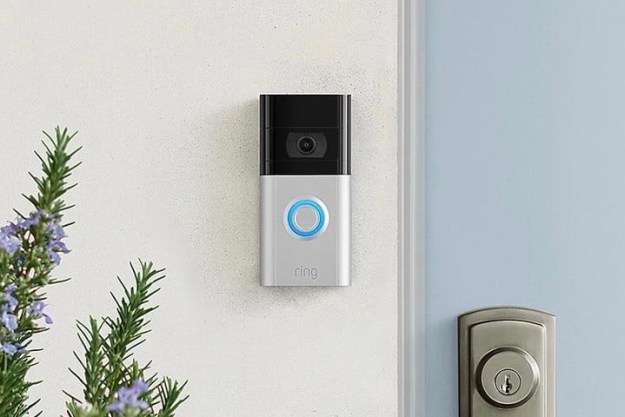A new survey (PDF) from the non-profit Pew Internet & American Life Project found that, in the last two years, nearly half (45 percent) of U.S. adult Internet users surveyed said the Internet helped them make a major life decision (such as where to attend college or move to a new home) or make their way through a major moment in their lives, such as coping with a major illness.
The survey results suggest the Internet is rapidly becoming a very important resource for decision-making, particularly in cases where conclusions can be reached by online research by non-experts, such as choosing a school for one’s self or children, or in selecting career training. They survey found that 39 percent of U.S. Internet users (approximately 53 million people) said the INternet was crucial or important in five major types of decisions: buying a car, making a major financial decisions, helping someone deal with a major health issue, choosing a college, and getting additional career training.
This 2005 survey repeated elements of a 2002 survey on major life decisions; the results revealed 14 to 54 percent increases in the number of people saying the Internet was an important resource in their decision-making. In other words, the number of people using online information to make important life choices is increasing, and quite quickly in some categories like coping with major illnesses, and choosing schools and job training.
Interestingly, only 15 percent of respondents said they sometimes felt overwhelmed with the information available to them, while 71 percent said they had all the information they wanted and felt it was manageable. Some 11 percent felt they were missing information. Among respondents who said the Internet played a crucial role in their decisions, only 22 percent said they felt overwhelmed with the information they considered.
The survey conducted telephone interviews with 2,201 American adults between February 21 and March 21, 2005.
Editors' Recommendations
- How to turn off Google Assistant on any device
- Kohler reveals luxurious smart home products that turn your bathroom into a spa
- Blink Outdoor Camera 4 launches with Person Detection, new design, 2-year battery life
- How to improve Yale Assure Lock 2 battery life
- How to improve Ring video doorbell battery life


